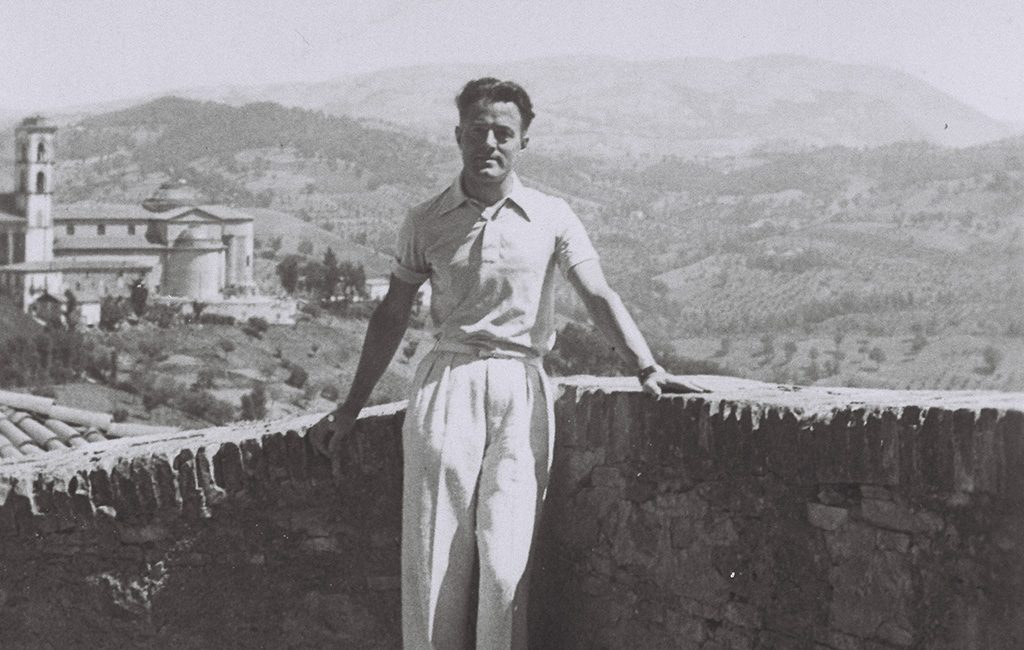One of the most important playwrights of Italian theatre: Who is Ugo Betti?
During his life as a judge, he published three poetry books, three short story books, and a novel, and wrote twenty-six plays.

(1892-1953) Italian playwright. He is one of the most important playwrights of contemporary Italian theatre. He was born on February 3, 1892, in Camerino, a small city in Central Italy. His father was a village doctor, later appointed chief physician of Parma Hospital. Betti studied law at the University of Parma. He participated in the First World War and was imprisoned by the Germans between 1917-1918. It was at this time that he wrote his first poems. He took office in the Roman courthouse in 1920 and was promoted to judge by trying not to conflict with the administration during the Mussolini period. In 1944, he became the director of the library at the Ministry of Justice. He died on June 9, 1953, in Rome.
Ugo Betti (4 February 1892 in Camerino – 9 June 1953 in Rome) was an Italian judge, better known as an author, who is considered by many the greatest Italian playwright next to Pirandello.
During his life as a judge, he published three poetry books, three short story books, and a novel, and wrote twenty-six plays. Since he combines his playwriting and legal personality, the themes he deals with in his plays are mostly crime and punishment, remorse, and remorse. He won the Premi Roma Award for his first play, La Padrona ("The Landlady"), which was staged in 1927. Betti's most important play (“Corruption in the Court of Justice”), in which he combines his jurist and playwriting. In this play, the internal reckoning of a judge who rises to the presidency of the Supreme Court with various intrigues is told.
Ugo Betti Works
La Padrona,1927, (“The Landlady“);
La Casa sull'acqua, 1929, ("The House Above the Water");
Frana alto Scalo Nord,1935, (“Landslide at North Station”);
Notte in casa del ricco, 1942, (“Night in the Rich Brain House”);
Il Diluvio, 1943, (“The Flood”);
Corruzione al palazzo di giustizia,1949, (“Corruption in the Court of Justice”);
Delitto all'isola della capre, 1950, (Island of Goats);
La Regina el gli insorti, 1951, (“The Queen and the Rebels”);
L'aiuola bruciata,1953, ("Burnt Flowerpot").
